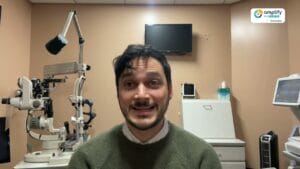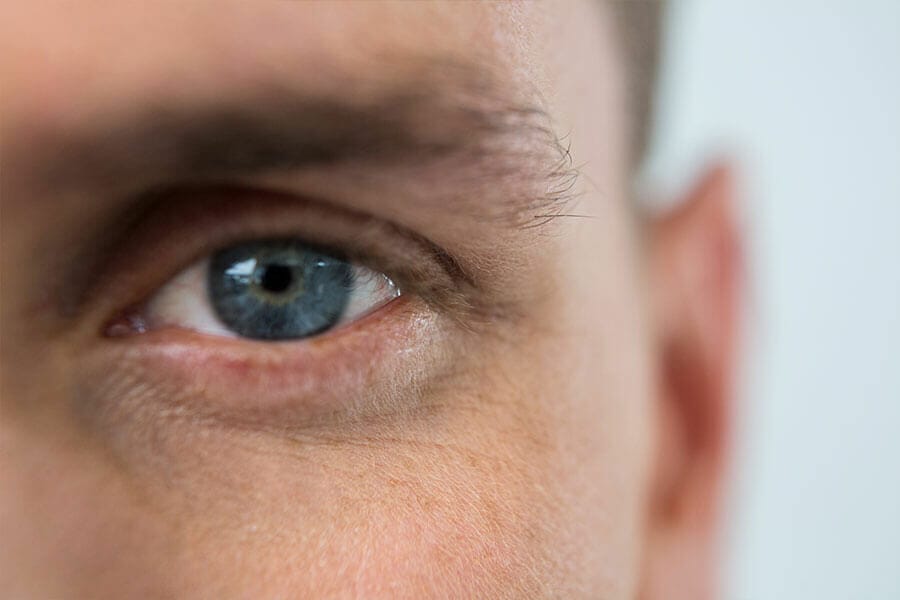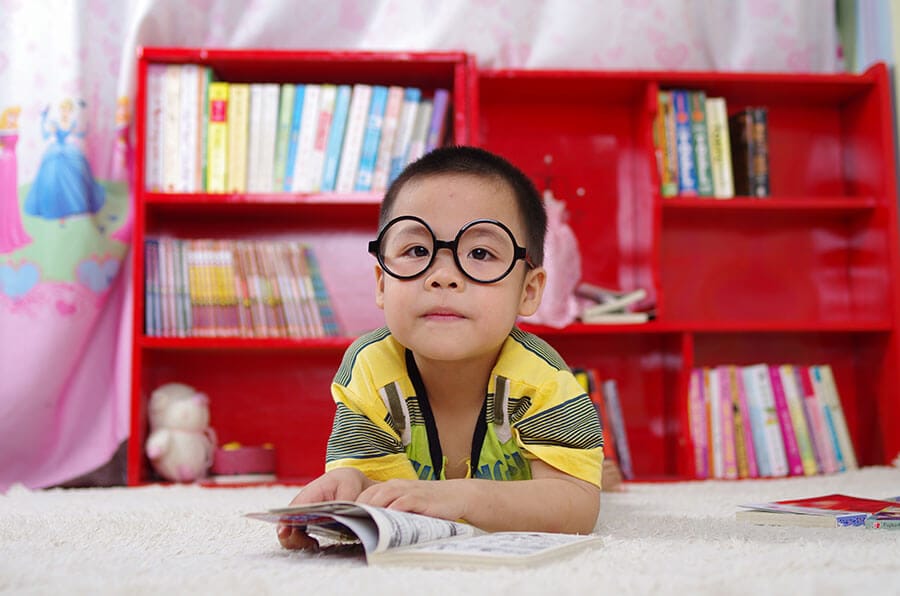The Issues
It should come as no surprise that if a person is farsighted (meaning they have difficulty seeing near objects), reading will be a struggle. A farsighted child will likely complain of blurry vision, and will squint and rub their eyes frequently as they try to work through their limitations.
If one’s eyes aren’t working together properly, many tasks become more difficult, including reading. While reading, the eyes must work together in order for the reader to properly make sense of the letters and understand what they’re seeing, and there is a higher chance that letters or entire words can be inadvertently skipped. A child with an eye tracking problem is likely to rely on their finger to mark their place so that they don't forget and skip a line, and they may also move their entire head back and forth while reading, as opposed to just moving their eyes. They will also find it difficult to read for extended periods of time because of the discomfort involved.
-
Convergence Insufficiency
Convergence is the term for when the eyes turn inward to focus on a single task, such as reading. If their eyes do not do this, a child will have to use significantly more effort to keep them focused on what they are reading. A child having this issue is likely to need to use their finger to mark the place as they read, to try and avoid accidentally skipping over some words. The extra effort required to maintain focus on what is being read can lead to frequent headaches and chronic fatigue--which can in turn lead to increased irritability and acting out during class.
Double vision is an issue related to convergence, and as can be inferred from its name, can lead to seeing double, which is a problem while reading and will force a child to put much more effort into clearly seeing what is in front of them.



























